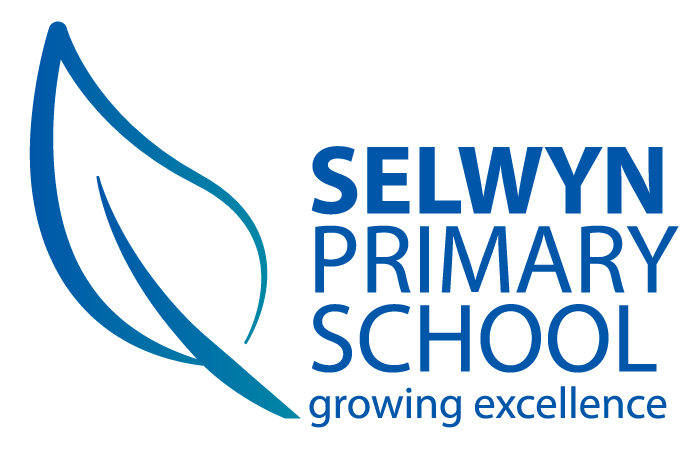Music
We aim to provide music education that engages and inspires pupils to develop a love for music and their talents as musicians, and so increase their self-confidence, creativity and sense of achievement. As pupils progress, they will develop a critical engagement with music, allowing them to compose, and listen with discrimination to the best in the musical canon. We align with the belief that music connects us through people and places in our ever-changing world. It is creative, collaborative, celebratory and challenging. In our school, music can bring communities together through the shared endeavour of whole-school singing, ensemble playing, experimenting with the creative process and, through the love of listening to friends and fellow pupils, performing. The sheer joy of music making can feed the soul of a school community, enriching each student while strengthening the shared bonds of support and trust which make a great school.
To align closely with the model music curriculum 2021, at Key Stages 1 and 2, pupils should receive a minimum of one hour of teaching a week; this may take the form of short sessions spread across the week. In Years 3 or 4, it is recommended that each class should start a whole-class instrumental programme lasting a minimum of one term. The mandatory term will be supported by teachers from the local Music Education Hub. There will be access to both rhythmic and melodic instruments in Key Stages 1 and 2; this may be as part of the whole-class instrumental programme and/or in other classroom teaching. We place emphasis on the value of a comprehensive music education.
Music has a rare and unique ability to bring people together; music making can make a whole class, school and community feel connected to others and part of something bigger. Our music curriculum celebrates the inclusion of pupils with special educational needs and disabilities as it does the leaps in technology that have made available new tools and adapted instruments, leading to improved access and greater choice for all pupils to realise their creative potential. We agree with the National Curriculum Inclusion Statement states that teachers should set high expectations for every pupil, whatever their prior attainment. Teachers should use appropriate assessment to set targets which are deliberately ambitious.
The Model Music Curriculum sets out sequences of learning in the following key areas which, when taken together, all contribute towards the steadily increasing development of musicianship. This includes singing, listening, composing and performing, including instrumental performance.
The MMC takes as its starting point the ambition that every young person should be able to experience music and to make progress. It is founded on the belief that music enriches individual lives as well as a school’s wider community. The MMC aims to support all pupils in their musical progression through the Key Stages. By offering a rich and varied musical framework that nurtures fundamental musical techniques alongside building musical knowledge, it offers a clear pathway towards mature musical understanding. Staff notation not only complements developing aural skills, improvisation, memorisation and composition, but also provides the opportunity for pupils to be taught music independently both in class and after they have left school. We strongly believe that the foundations of this will be laid at primary school.
This model curriculum for the musical community to build upon takes account of the many different school contexts that exist within Arbor. Effective delivery is likely to come from a combination of schools, teachers, practitioners, professional ensembles, venues, and other Music Education Hub partners working collaboratively. This shared foundation will provide schools with a launchpad to access wider musical culture in which all can thrive and share the joy of music. For consolidation, pupils continue to study the same instrument from Y3 until the end of Y6. Each cohort learns a different instrument and these vary according to the Music specialists working in the schools.
| Term | Year 1 | Year 2 | Year 3 | Year 4 | Year 5 | Year 6 |
|---|---|---|---|---|---|---|
| Autumn | Pulse and Rhythm | Pulse and rhythm of songs | Improvise and compose songs | Sing with accuracy | Perform duets | Major and minor chords |
| Spring | Notate rhythm | Tuned percussion instruments | Perform and compose songs | Play and compose melodies | Perform songs, narrations and dance | Effect of musical elements |
| Summer | Perform songs | Perform and compose songs | Notate pitch and rhythm | Create and develop melodic ideas | Perform three part songs | Characteristics of different dance music |
